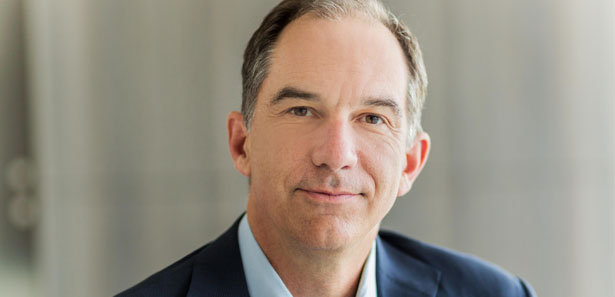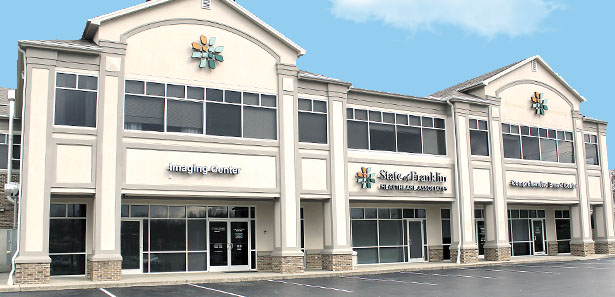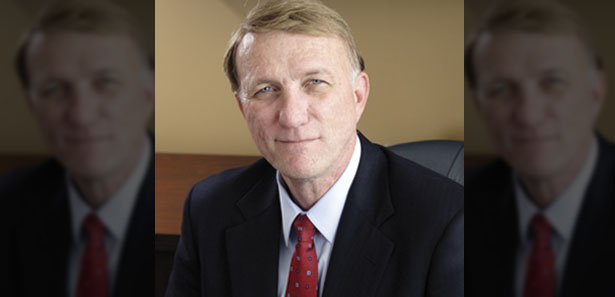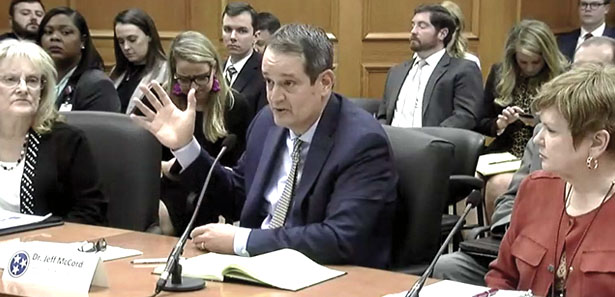Over the course of a century, Eastman has been led by men whose focus ranged from visionary to operationally-focused on a granular level. Perley Wilcox, who negotiated the purchase of the original Kingsport site for a reported $205,000, became the first general manager of the Tennessee Eastman Corp., and led the company through its historical role in World War II. Wilcox’s successor, James C. White was a high school drop-out who came to Kingsport as a wood and timber operations manager. The Kingsport Rotary Club described him as, “a stern man, respected for his fairness and lack of pretense.” Skipping ahead in history, Earnest Deavenport led Eastman through the spin-off from Kodak in the 1990s, helping build a culture that led to the company earning the Malcolm Baldrige National Quality Award. The current board chair and CEO, Mark Costa, has led the company into an era in which Eastman broadly focuses on responsibilities to all stakeholders, from shareholders to customers to business partners to employees to the communities in which it operates. Costa answered questions from the Business Journal on the occasion of the company’s centennial.
The Business Journal: Keeping in the theme of “Then. Now. Next.”, let’s begin with “then.” Eastman has, in the last couple of decades, greatly diversified its product offerings. What were the key motivators in this shift toward broadening the company’s scope of production?
Mark Costa: If you look at how we started in 1920, we were providing raw materials for one customer for one market. Even back then, we realized that model wasn’t what was best for our future. So, I guess you could say that we have been diversifying our portfolio since the very beginning. But you’re right, we have intensified our efforts over the past several years, particularly as we started on our transformational journey to a specialty materials company.
We recognize that having a diverse portfolio that serves a number of diverse markets is a huge advantage for us. A great example of that stability is playing out right now as we go through the COVID crisis. Some of our products and end markets are doing very well in a pandemic, such as packaging. Some are more challenged, like transportation. And then others are having mixed results. Overall, this diversity is a source of strength by providing balance, better earnings stability and growth.
BJ: Innovation has been the watchword at Eastman. But innovation takes planning, then execution, and both of those take time. Most companies are constantly looking for ways to become more efficient, but Eastman has needed to create the time to satisfy its existing customers while shifting more and more toward a culture of innovation. Simply put, how have your people found the hours in the day?
MC: To begin with, we have a great team that is creative, resourceful and highly responsible. Finding ways to improve a process and make it more efficient is part of our DNA. But on top of those innate advantages, we have also implemented a number of initiatives over the past several years to help drive focus and behaviors so that we move faster and are more adaptive and agile. And, we have made a concerted effort to stop doing non-essential work to allow more focus on those things that will drive results and accelerate innovation.
It’s been a journey and I won’t deny that our teams have taken on a lot as we transform to an innovation-driven, specialty materials company. But we’re learning as we go and we’re getting faster and more efficient every day. We have also aggressively looked for ways to shift resources to innovation and R&D. When we find ways to make the organization more efficient, we often are redirecting those savings towards accelerating our innovation efforts.

BJ: Some are surprised to hear a Fortune 500 chemical company is so focused on sustainability. Please explain how and why investing in building the circular economy is a pathway to new levels of success for the company, and how you measure that success.
MC: Actually, sustainability is at the core of what we do, and Eastman has a long history of proving that. We have an innovation-driven growth strategy that’s underpinned by sustainability macrotrends. And, as an innovation company with world-class technologies, we’re uniquely suited to deliver solutions to some of the world’s most complex problems. One of those big world challenges is the problem of waste, and Eastman is applying innovation to help solve that problem. We launched advanced recycling technologies in Kingsport over the past year that can recycle almost any kind of plastic waste, and already, we have recycled millions of pounds of complex plastic waste.
We call our technologies “molecular recycling” because we have the ability to process hard-to-recycle plastics on the molecular level, and we can do this an infinite number of times with no loss in product quality. The world needs this solution – we need to capture this value in waste instead of just throwing it away and sending it to the landfill. Molecular recycling is a better solution for the environment, and there is market demand, too. Consumers and brands are demanding more products with a better sustainability profile, and Eastman is able to meet those needs now. Our Advanced Circular Recycling technologies are already at commercial scale and scaling up quickly, and we will soon have measurable goals on materials circularity.
BJ: The “now” – or at least the most recent past – has been a story of moving forward against headwinds. As the trade wars transitioned into the era of COVID-19, Eastman had only a few weeks of unfettered forward motion. Please share recent examples of how Eastman teams have employed innovation in succeeding despite these externally created impediments.
MC: I’m extremely proud of how well the Eastman team has managed through this latest crisis. We quickly transitioned to this new world we find ourselves in, embraced technology in ways that we never have before, and continued driving our innovation-driven strategy forward. That’s not to say that COVID hasn’t slowed our progress. Obviously, engaging with customers virtually isn’t a complete substitute to personal interaction, but we have gotten very creative in how we engage so that we can keep moving forward.
One way that we measure the success of our strategy is through new business revenue generation, and I am very proud to say that we continue to make great progress winning new business despite the challenges created by COVID. And one success that I am particularly proud of is the launch of Tritan Renew copolyester in June. Renew offers sustainability without compromise, providing the same durability, performance and safety of original Tritan but with up to 50 percent recycled content derived from waste plastic. Eastman will produce Tritan Renew with our innovative Advanced Circular Recycling technologies that use recycled plastic as a raw material, reduce consumption of fossil fuel and have lower greenhouse gas footprints. This product launch is a significant step forward for Eastman as the first product to market using molecular recycling made possible by our Advanced Circular Recycling technologies. Despite COVID, we have made considerable progress over the past year to create sustainable solutions that convert millions of pounds of waste into new materials.
BJ: As a publicly traded company, Eastman must constantly strive to create new value for shareholders. The company does this with an eye toward corporate citizenship, supporting education, empowerment and diversity and economic development in the communities in which you operate. So, as Eastman celebrates a century of operation, we’ll ask you the same thing we asked Kingsport city leaders when they marked the city’s centennial in 2017: The next time a major milestone is celebrated and Eastman’s leaders look back into the company’s history, how do you hope they will view the current era?
MC: No doubt this will be remembered as a time of great change, not just for Eastman, but for our industry and for the global economy in the way we work and conduct business. I hope this era will be remembered as a time of growth and transformation, when the company began on the specialty journey that would propel and sustain it for the next 25, 50 or 100 years. I also hope that the work that we are doing to strengthen all of those things you pointed out has taken lasting hold and made a marked and measurable difference in the lives of all of our stakeholders.
Our purpose is to enhance the quality of life in a material way. When others look back on this time, I hope they can see evidence of that in society at large through our innovative solutions and products, and more locally through an increase in quality jobs, through the innovative culture that we are cultivating, through more inclusive and diverse communities, through increased economic development across this and other regions where we have a large presence, and through long-term, sustainable growth for our company.
You can download the entire Eastman 100 special section here.




